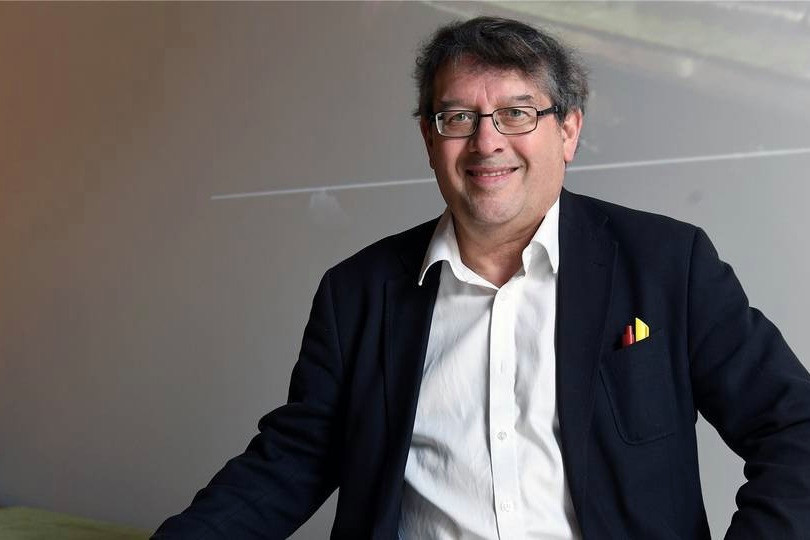In the “ESG & Green Finance: What Next?” report, Gray integrated analysis and insights from leaders in sustainable finance--Luxembourg Stock Exchange CEO ; EIB head of corporate sustainability Hakan Lucius; LuxFlag chairwoman , to name a few. The report, which aims to help readers plan their ESG strategies into 2023, reveals that the pressure on the financial industry to accelerate sustainable transitions is growing.
Gray refers to what he calls his own sense of “frustration, that governments worldwide or politically in Europe kind of outsource the whole sustainability thing to the financial sector.” He adds: “They’ve set up these roles, providing effective incentives for people to invest in green products and companies, but without taking the hard decisions that would be needed to [get to] 1.5°C above pre-industrial levels--which, frankly, it’s clear just simply won’t happen.”
The COP27 in Egypt in November, of course, received mixed reactions. Many pointed to the relative failure to make progress on emissions and fossil fuel reductions, even as the summit ended with a landmark loss and damage fund to keep high-carbon-emission-producing countries responsible for those which are more vulnerable.
“The hard decisions have just been kicked down the road for decade after decade,” Gray adds. In order to get below the 1.5°C “we’d have to do colossally difficult things in terms of cutting out fossil fuel use which, even now, doesn’t seem there’s any apppetite for. What’s easier now is to encourage the financial sector to steer investment and lending into green activities… but this alone won’t stop global warming.”
The hard decisions have just been kicked down the road for decade after decade
Gray wants to see governments making firmer decisions on stopping fossil fuel use and building renewable-energy generating facilities as quickly as possible. There should also to be more engagement, he argues, despite geopolitical tensions. “China is now the biggest carbon emitter in the world. We’re not going to get very far to really reduce emissions and to start slowing and stopping temperature rise without China.”
Downgrading funds due to SFDR
Much hangs on the EU’s Sustainable Finance Disclosure Regulation (SFDR), which includes detailed technical rules for asset managers and takes effect in January 2023.
The EU’s green taxonomy is “bitterly contested”, Gray writes, while SFDR rules “risk overwhelming the investment industry with demands it cannot satisfy and clouding the whole process with accusations of greenwashing.”
Given lack of clarity on funds with a “sustainability purpose” under article 9, Gray says “we’ve seen a large number of article 9 funds, which are supposedly the most sustainable, often described as ‘dark green’. They’ve been downgraded to article 8 because their managers are not sure they qualify under article 9 and would rather not take the risk of being accused of greenwashing.”
Green investment performance advantages?
The report also examines whether such investments perform better over a medium- to long-term compared to non-sustainable products. The conclusion is “it’s complicated”.
In the past, Gray says, “it was kind of assumed that there was some sort of price to be paid for investing in sustainable products… [that] you might not get as good returns.” However, in recent years, these funds have outperformed. And they aren’t necessarily being invested in wind farms or home insulation, for example--much of the reason they’re delivering such good returns, explains Gray, is “they are more skewed than comparable funds towards technology, so in many ways it’s an integrated investment. Technology does a great deal to prevent carbon emissions.”
But another complication is a result of the energy crisis. As Gray explains, last year and this year, investments in fossil fuel have delivered “very good returns”.
The complete “ESG & Green Finance: What’s Next?” report is available .

